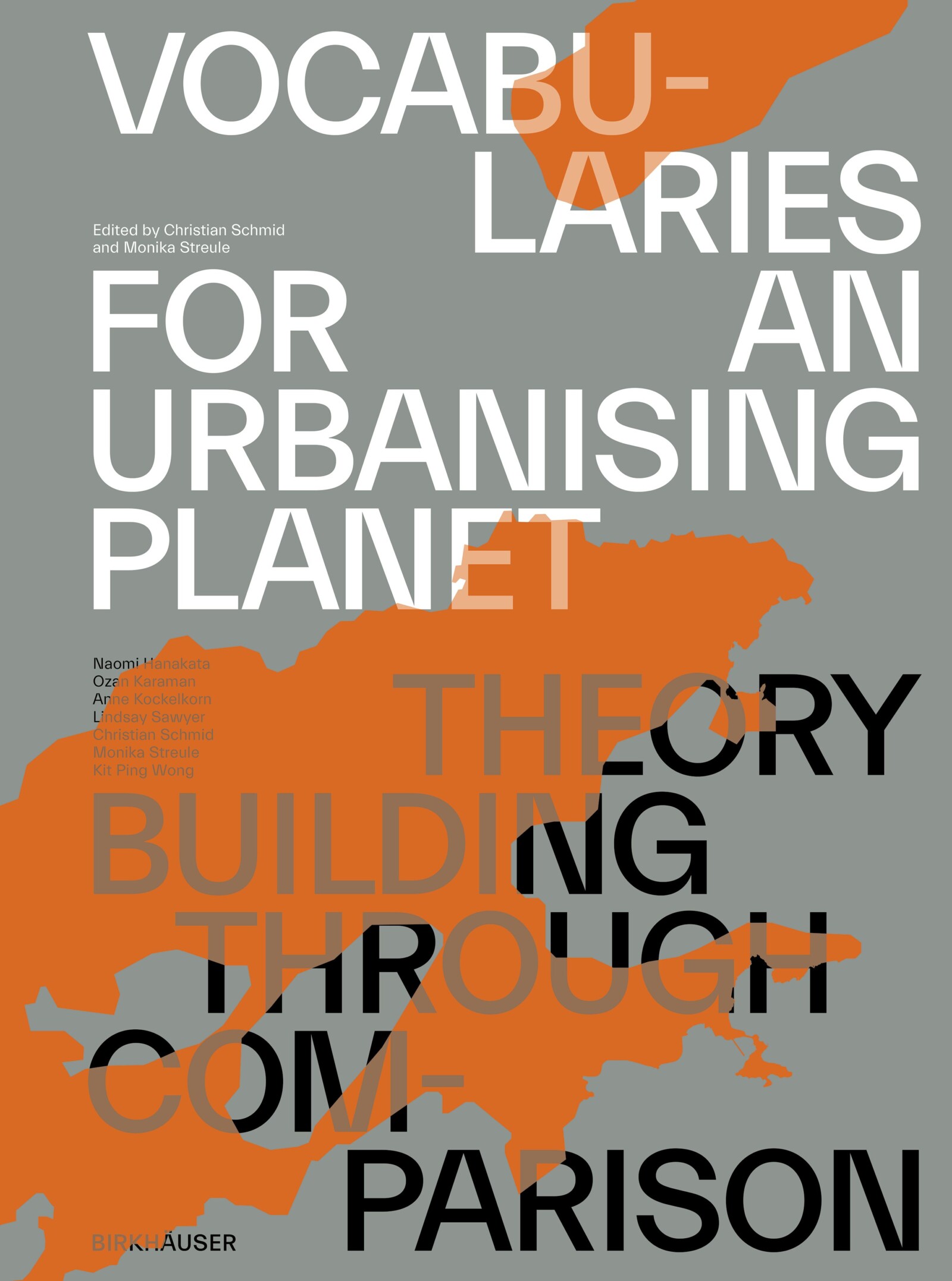Nach Jahren der gemeinsamen Diskussion und Monaten des kollektiven Schreibens ist unser Buch Das Ende rechter Räume. Zu Territorialisierungen der radikalen Rechten im März 2025 beim Verlag Westfälisches Dampfboot erschienen. Erdacht, kuratiert und verfasst vom Autor*innenkollektiv Terra-R nimmt es sich der Frage an, wie eine radikale Rechte im Aufschwung aus konkreten räumlichen Verhältnissen der Gesellschaft verstanden werden kann, ohne dabei in stereotype Reden von Stadt und Land oder Ost und West zu verfallen.
In diesem Sinn verstehen wir Das Ende rechter Räume als doppeltes Plädoyer: für eine kritikfähige und positionierte Forschung zur radikalen Rechten und ihren räumlichen Hegemoniebestrebungen, wie auch für Differenzierung und Mehrstimmigkeit in den populären Betrachtungsweisen dieser Auseinandersetzung.
mehr infos zum Buch und zu Terra-R, dem Netzwerk Territorialisierungen der radikalen Rechten

Das Ende rechter Räume. Zu Territorialisierungen der radikalen Rechten (Westfälisches Dampfboot, 2025) herausgegeben vom Autor*innenkollektiv Terra-R.
Zum Entstehungszeitpunkt dieses Buches besteht das Autor*innenkollektiv aus folgenden Personen: Anke Schwarz, Christoph Hedtke, Daniel Mullis, Felicitas Kübler, Jan Hutta, Johann Braun, Michael Krell, Monika Streule, Nils B. Ludwig, Paul Zschocke, Valentin Domann, Viktoria Kamuf und Zita Seichter.
ISBN: 978-3-8969-1137-7
Als Print in deiner Buchhandlung erhältlich oder als open access hier




